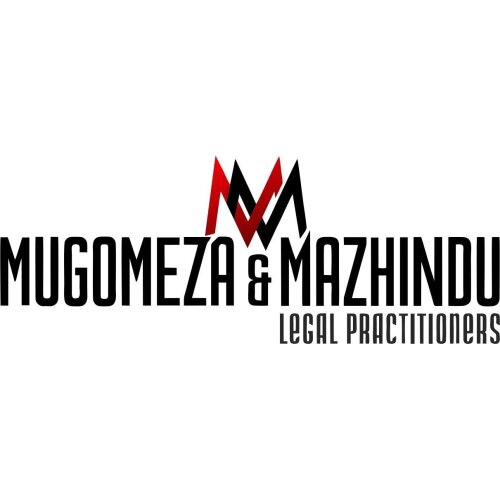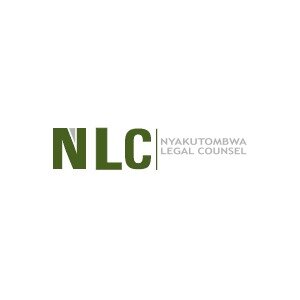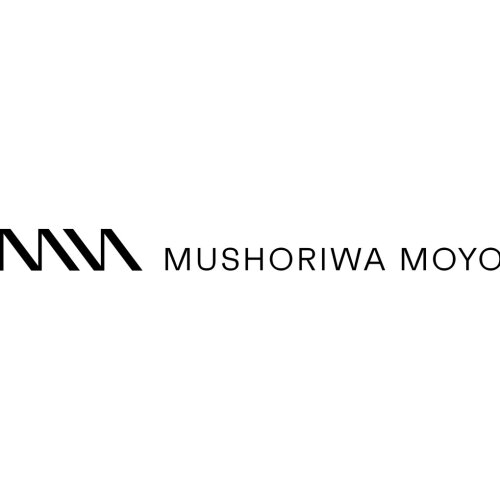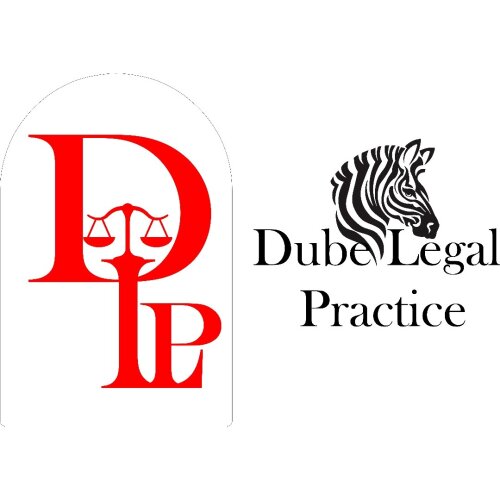Best ESG Advisory & Compliance Lawyers in Zimbabwe
Share your needs with us, get contacted by law firms.
Free. Takes 2 min.
Or refine your search by selecting a city:
List of the best lawyers in Zimbabwe
About ESG Advisory & Compliance Law in Zimbabwe
Environmental, Social, and Governance (ESG) Advisory & Compliance is an emerging area of legal practice in Zimbabwe. It involves helping businesses, investors, and organisations operate responsibly with respect to environmental sustainability, social justice, and governance best practices in line with both local and international standards. As global expectations for corporate responsibility rise, companies in Zimbabwe are increasingly required to comply with ESG regulations and reporting requirements to attract investment, maintain business licences, and avoid legal penalties. Legal professionals in this field guide clients through compliance, risk management, and the preparation of disclosures and policies tailored to ESG standards.
Why You May Need a Lawyer
Legal advice is often crucial for businesses and organisations looking to navigate ESG Advisory & Compliance issues in Zimbabwe. Common situations where a lawyer can be helpful include:
- Understanding evolving ESG laws and regulations that apply to your sector or operations
- Preparing required environmental or social impact assessments for new projects or expansions
- Drafting or reviewing corporate governance frameworks and internal policies
- Dealing with investigations, disputes, or sanctions relating to environmental or social violations
- Demonstrating compliance to lenders, shareholders, or regulatory bodies
- Preparing mandatory or voluntary ESG disclosures and reports
- Ensuring compliance with labour, anti-corruption, and anti-money laundering laws as part of ESG obligations
- Advising on stakeholder engagement and grievance mechanisms
- Navigating mergers, acquisitions, or investments with ESG considerations
Local Laws Overview
ESG Advisory & Compliance in Zimbabwe is guided by a framework of laws, regulations, and voluntary codes. Key areas of local law include:
- Environmental Management Act [Chapter 20:27] - Mandates Environmental Impact Assessments and sets out penalties for non-compliance with environmental standards.
- Labour Act [Chapter 28:01] - Sets basic employment standards and rights, including occupational health and safety obligations.
- Zimbabwe Stock Exchange (ZSE) ESG Guidelines - For listed companies, there are guidelines on ESG reporting aligned with global standards.
- Companies and Other Business Entities Act [Chapter 24:31] - Contains provisions on corporate governance, directors’ duties, and reporting obligations.
- Anti-Corruption Law - Regulates fair conduct in business, critical to ESG governance standards.
- Indigenisation and Economic Empowerment Act - Although amended, it still influences the social responsibilities of companies to local communities.
- Voluntary Codes - Such as industry-specific sustainability standards and the United Nations Global Compact, influencing best practices even when not legally binding.
Regulatory enforcement is carried out mainly by the Environmental Management Agency (EMA), the National Social Security Authority (NSSA), the Zimbabwe Anti-Corruption Commission, and the ZSE for listed entities. Increased international focus on ESG is also pushing local companies to adhere to these standards to remain competitive.
Frequently Asked Questions
What is ESG compliance in the Zimbabwean context?
ESG compliance in Zimbabwe refers to meeting local legal requirements and following best practices related to environmental protection, social responsibility, and sound corporate governance. This includes adhering to national laws on environmental assessments, labour rights, anti-corruption, and corporate disclosures.
Is ESG compliance mandatory for all companies in Zimbabwe?
Some aspects, such as environmental and labour regulations, are mandatory for all companies. For listed companies, ESG reporting guidelines are more clearly defined. However, even for unlisted entities, there is increasing pressure from investors and partners to demonstrate ESG compliance.
Who enforces ESG-related laws in Zimbabwe?
Key enforcement bodies include the Environmental Management Agency, the Zimbabwe Stock Exchange (for listed companies), and labour regulators like the National Social Security Authority. Courts and anti-corruption agencies may also get involved for severe violations.
What are the penalties for non-compliance with ESG requirements?
Penalties can range from fines and orders to close non-compliant operations, to civil or criminal proceedings against company officers. Non-compliance can also damage reputations and result in loss of contracts or licences.
Can foreign companies operating in Zimbabwe be held to local ESG standards?
Yes, any company operating in Zimbabwe must comply with local ESG-related laws and regulations, regardless of their country of origin or where their headquarters are based.
Are there voluntary ESG reporting standards in Zimbabwe?
Several voluntary frameworks exist, such as the guidelines issued by the ZSE and international standards like the Global Reporting Initiative. Adoption of these can help companies gain recognition for their ESG efforts.
How can a company initiate an environmental or social impact assessment?
A company should engage a certified consultant and consult with the Environmental Management Agency to conduct and submit the necessary studies before commencing relevant projects.
What is expected in terms of corporate governance under ESG?
ESG-oriented corporate governance requires transparency, board accountability, anti-corruption measures, and stakeholder engagement, all of which should be demonstrated in company policies and reporting.
How can a lawyer assist with ESG compliance?
A lawyer can provide legal updates, draft or review policies, represent clients in regulatory interactions, conduct compliance audits, and assist in preparing ESG reports or disclosures.
Is ESG compliance important for securing investment?
Yes, many local and international investors now require evidence of ESG compliance before providing funding or entering into partnerships with Zimbabwean businesses.
Additional Resources
- Environmental Management Agency (EMA) - Regulates environmental compliance and issues permits.
- Zimbabwe Stock Exchange (ZSE) - Provides ESG guidelines and information for listed companies.
- National Social Security Authority (NSSA) - Monitors workplace safety and social security obligations.
- Ministry of Environment, Climate, Tourism and Hospitality Industry - Policy guidance on environmental standards.
- Zimbabwe Lawyers for Human Rights - Offers legal support for human rights and governance issues.
- Zimbabwe Anti-Corruption Commission - Oversees anti-corruption compliance relevant to ESG governance.
- Industry Associations - Such as the Confederation of Zimbabwe Industries and Chamber of Mines for sector-specific ESG advice.
Next Steps
If you require legal assistance in ESG Advisory & Compliance in Zimbabwe, the following steps can help you get started:
- Identify your specific ESG concerns or compliance needs
- Consult with an experienced lawyer who specializes in environmental, corporate, or regulatory law related to ESG matters
- Prepare and organize relevant company documents, permits, and policies to share with your lawyer
- Discuss your objectives, any reporting requirements, and timelines upfront during your consultation
- Follow up on all compliance deadlines, documentation, and training as advised by your legal representative
- Remain up to date with changes in local and international ESG requirements that could affect your business
Proactively seeking legal advice can help you avoid costly disputes, maintain your reputation, and access new opportunities that prioritize responsible and sustainable business practices.
Lawzana helps you find the best lawyers and law firms in Zimbabwe through a curated and pre-screened list of qualified legal professionals. Our platform offers rankings and detailed profiles of attorneys and law firms, allowing you to compare based on practice areas, including ESG Advisory & Compliance, experience, and client feedback.
Each profile includes a description of the firm's areas of practice, client reviews, team members and partners, year of establishment, spoken languages, office locations, contact information, social media presence, and any published articles or resources. Most firms on our platform speak English and are experienced in both local and international legal matters.
Get a quote from top-rated law firms in Zimbabwe — quickly, securely, and without unnecessary hassle.
Disclaimer:
The information provided on this page is for general informational purposes only and does not constitute legal advice. While we strive to ensure the accuracy and relevance of the content, legal information may change over time, and interpretations of the law can vary. You should always consult with a qualified legal professional for advice specific to your situation.
We disclaim all liability for actions taken or not taken based on the content of this page. If you believe any information is incorrect or outdated, please contact us, and we will review and update it where appropriate.
Browse esg advisory & compliance law firms by city in Zimbabwe
Refine your search by selecting a city.

















